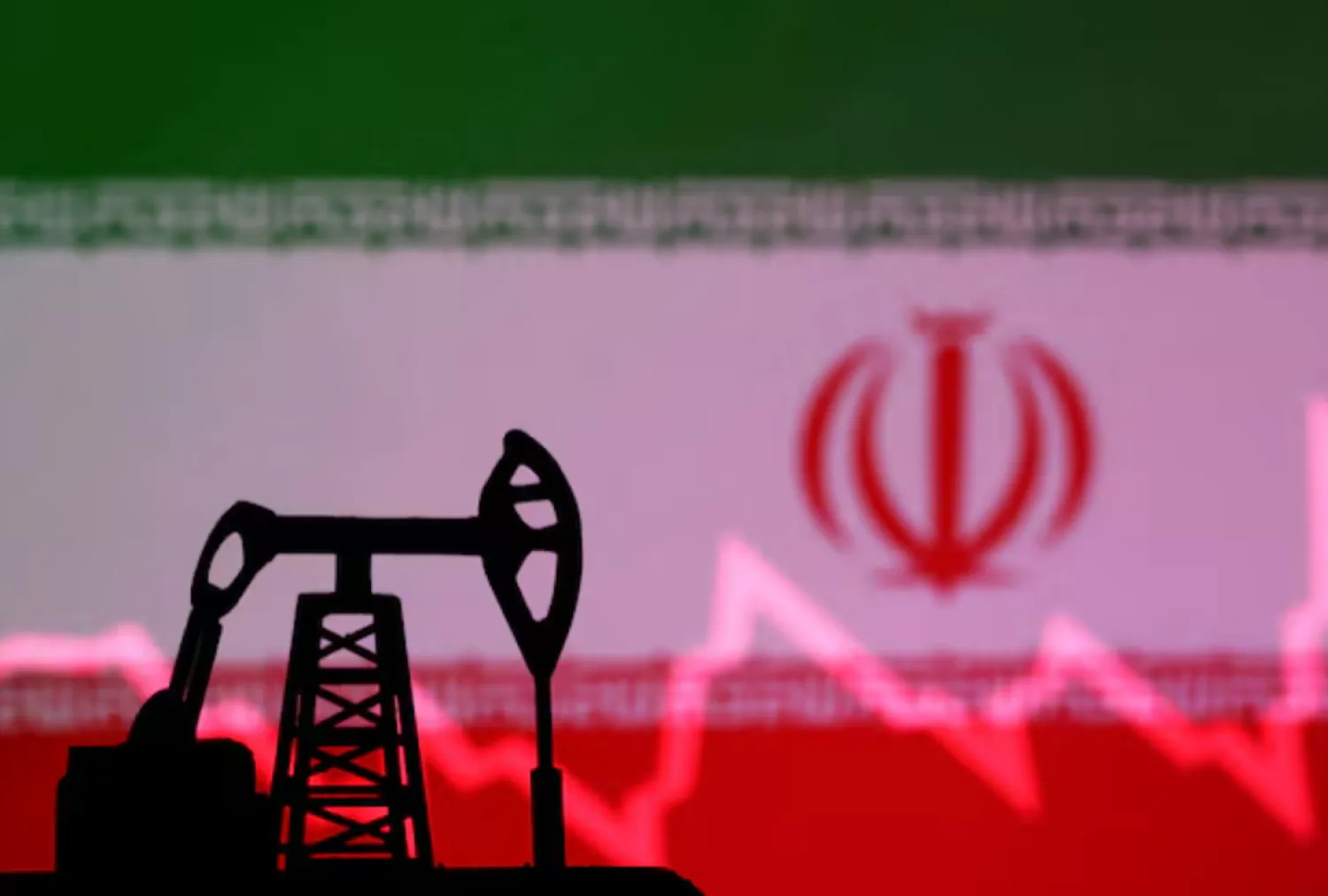United Arab Emirates President Sheikh Mohammed bin Zayed Al Nahyan received in Abi Dhabi on Thursday Secretary of the Supreme National Security Council of Iran Ali Shamkhani.
Discussions focused on bilateral relations and ways to bolster cooperation between their countries in various fields to achieve common interests.
The officials also discussed regional and international developments of interest and the importance of supporting peace and cooperation in the region to meet the aspirations of their people for development and prosperity.
A day earlier, Shamkhani had met with UAE National Security Adviser Sheikh Tahnoun bin Zayed Al Nahyan. They discussed bilateral relations and ways to bolster and develop them to achieve mutual interests, especially in political, economic and trade fields.
They tackled several issues of common interest and underscored the importance of exerting efforts to achieve regional stability and prosperity.
Shamkhani was accompanied by senior economic, security and banking officials.
Iranian media had reported that Shamkhani would visit the UAE at an official invitation from Sheikh Tahnoun.
The UAE had downgraded its relations with Iran after Saudi Arabia severed ties with Tehran in January 2016.
Shamkhani visited the UAE a week after Saudi Arabia and Iran agreed to restore diplomatic relations.
Shamkhani told Sheikh Tahnoun that the “lack of trust in the strategic region overlooking the Gulf is preventing economic development, which is the goal of enemies from outside the region,” Iranian media quoted him as saying.
He stressed that “comprehensive, ongoing and constructive cooperation with neighbors is a firm strategy in Iran’s foreign policy,” Iran’s state news agency IRNA reported him as saying.
“Current challenges that don’t serve the interests of any country in the region should be resolved through cooperation and rapprochement, and away from disputes and animosity,” he added.
Moreover, he remarked that “disputes and lack of trust” were “serious obstacles in achieving economic development.”
“We must talk and work together and expand political, security and cultural cooperation to counter the unconstructive role of outsiders,” he added.
For his part, Sheikh Tahnoun said that “cooperation and friendship” between nations were a top priority to the UAE, IRNA reported.
On the Saudi-Iranian agreement, he told Shamkhani that it “will play a constructive role in expanding peace, stability and sustainable security in the region.”
“The development of friendly and fraternal relations between Abu Dhabi and Tehran are among the UAE’s priorities,” he stated.
Furthermore, he added that Shamkhani’s visit was a “turning point in relations” between their countries and will give “a greater push in developing their ties,” according to IRNA.
Shamkhani noted that all countries in the region “share the same fate and are members of the same large family.”
“Family disputes must be resolved through dialogue, good intentions and forgiveness so that we can create a strong and developed region,” he added.
The exchange of economic, trade and investment relations is a top priority for Tehran in establishing ties with its neighbors, he went on to say.
He said he believed that his visit to the UAE will open a new chapter in political, security and economic relations between their countries.
Later on Thursday, Iranian deputy foreign minister for political affairs Ali Bagheri Kani revealed that his country will soon reinstate its ambassador to the UAE.
Arrangements to dispatch the envoy to the UAE have kicked off, Iranian media quoted him as saying.
Relations between Iran and the UAE “were never severed”, rather they were simply downgraded, he remarked.









